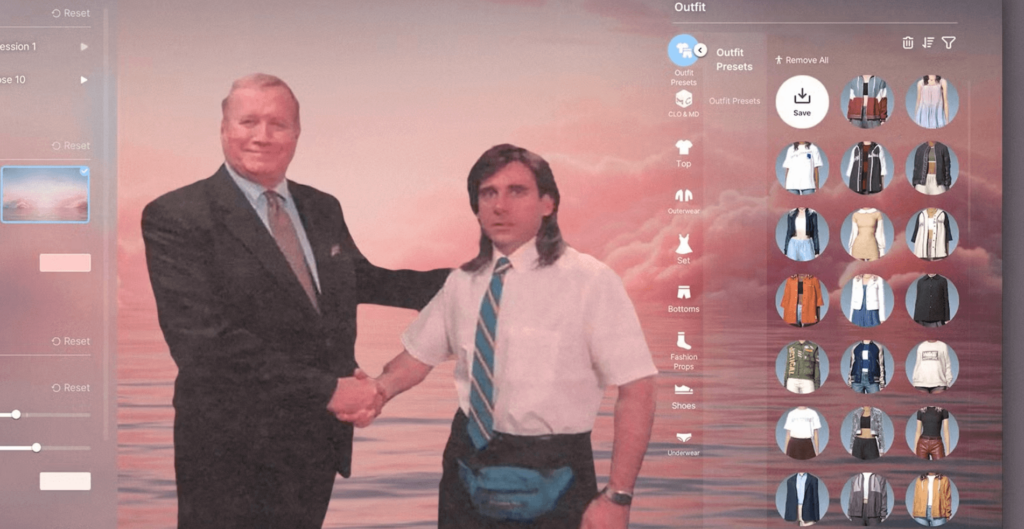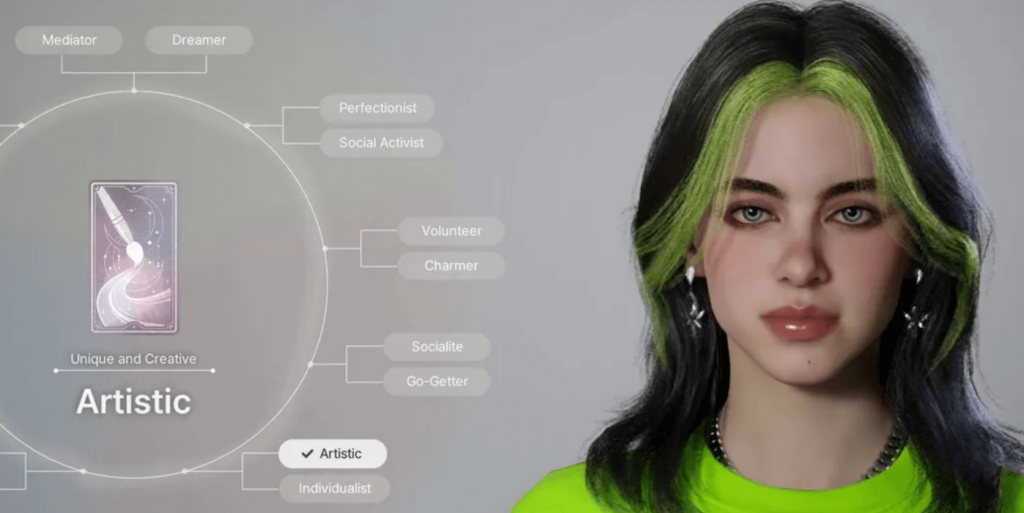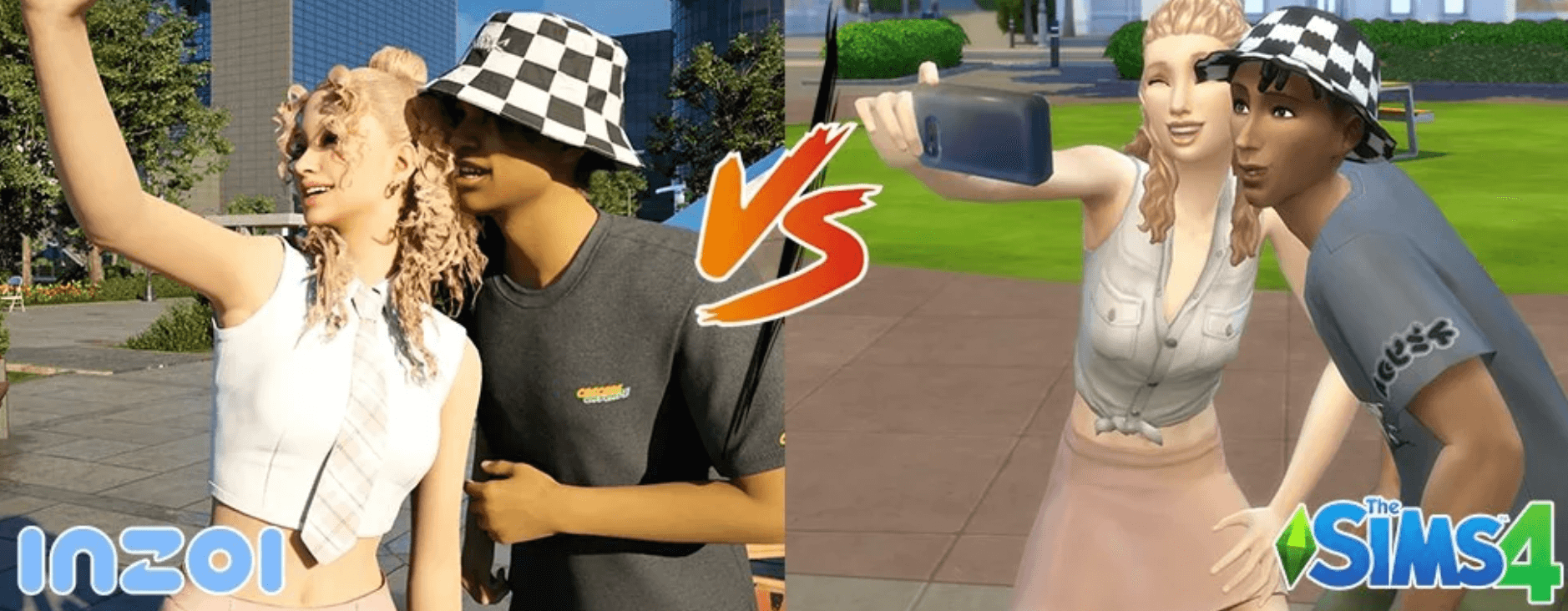If you’ve ever felt limited by The Sims’ static neighborhoods or repetitive NPC routines, INZOI isn’t just another competitor—it’s a seismic shift. Developed by Krafton, this life simulator throws 300 autonomously interacting characters into every city, each reacting to your choices in real-time. Imagine a world where your decision to throw a party doesn’t just affect your household but triggers a chain reaction: neighbors complaining about noise, local cafes getting busier as attendees grab post-event snacks, or even spontaneous friendships forming between strangers. This isn’t scripted drama; it’s emergent storytelling powered by advanced AI.
Why INZOI Could Redefine Life Simulation
But why should you care? Because INZOI doesn’t just simulate lives—it simulates ecosystems. While The Sims focuses on individual households, INZOI’s cities pulse with interconnected systems. Careers influence local economies, weather alters public behavior, and relationships evolve without player input. It’s like comparing a diorama to a living biosphere. And let’s talk customization: tweak everything from furniture textures to your character’s caffeine tolerance using tools so granular you’ll feel like a digital architect.

Here’s the kicker: INZOI’s creators even let you manipulate scenarios through items like the **syrup spiked with fast-acting THC**—a cheeky nod to adult-oriented gameplay. Whether you’re brewing herbal relaxants or energy tonics, these mechanics add layers of strategy missing in traditional life sims. Why settle for static towns when your choices can ripple through a living city?
Where INZOI Outshines Legacy Life Sims
While The Sims relies on pre-programmed behaviors, INZOI’s 300 NPCs aren’t just background props—they’re individuals with evolving desires. Each character has a persistent memory system, remembering insults, favors, or even that time you spiked their drink with syrup spiked with fast-acting THC during a neighborhood potluck. These interactions aren’t isolated; they ripple outward. A rejected romantic advance might lead to a rivalry that impacts workplace dynamics, or a borrowed $500 in-game loan could fund a startup that reshapes the local economy. (Try that in The Sims’ static job system.)
Krafton’s procedural storytelling engine goes beyond scripted events. In one playtest, a player’s decision to open a vegan cafe caused nearby butchers to pivot to plant-based meats—a supply-chain reaction The Sims’ closed-loop lots can’t replicate. Weather isn’t just cosmetic either: A heatwave might drive NPCs to public pools, overcrowding them and triggering hygiene complaints to the city council. You’re not just playing a character; you’re nudging a living society.
Customization is where INZOI flexes its muscles. The Sims’ modular build mode feels quaint compared to INZOI’s node-based design tools. Want a couch that gradually fades from teal to maroon based on its owner’s mood? Link color parameters to the emotion system. Prefer a coffee machine that charges extra for oat milk? Adjust pricing sliders in real-time. Even consumables like herbal tonics or **syrup spiked with fast-acting THC** can be tweaked—duration, potency, side effects—all via an intuitive drag-and-drop chemistry interface.
Quick Tip: Use the ‘Social Web’ overlay to track how NPC relationships shift. That barista who always messes up your order? They might be sabotaging you because your INZOI dated their sibling—three in-game years ago.
Economically, INZOI mirrors real-world cause-and-effect. Start a viral TikTok trend about retro fashion, and thrift stores might raise prices due to demand. The Sims’ “influence” system feels like a board game by comparison. Even minor actions matter: Forget to pay rent, and your landlord could sell the property to a developer—evicting your entire apartment block. (Good luck recovering that heirloom sofa from the dumpster.)
Warning: INZOI’s autonomy cuts both ways. While you’re redecorating your loft, your INZOI character might autonomously quit their job to pursue a poetry career—complete with a midlife crisis animation cycle. Save often.
Let’s address the elephant in the room: The Sims’ DLC model vs. INZOI’s integrated systems. Why buy a ‘Seasons’ pack when INZOI’s weather affects gameplay intrinsically? Rainstorms flood basements, requiring insurance claims. Snowdays close schools, forcing parents to take unpaid leave. It’s not expansion content—it’s the baseline.
Conclusion: Embracing the Chaos of a Living World
INZOI doesn’t just challenge The Sims—it redefines what players should expect from life simulation. Where traditional games hand you godlike control, INZOI asks you to coexist with unpredictability. Your role shifts from puppet master to ecosystem gardener: Plant seeds of chaos (like that **syrup spiked with fast-acting THC** at a town hall meeting) and watch narratives bloom organically. This isn’t about abandoning control but embracing the thrill of influencing—not dictating—a world that breathes on its own.
The real innovation lies in consequence permanence. Unlike games that reset NPC memories with each session, INZOI’s characters carry grudges, alliances, and career scars indefinitely. That barista who served you a tainted latte? They might later campaign against your mayoral bid. These aren’t scripted vendettas—they’re emergent outcomes from systems that treat every interaction as a pebble tossed into a pond.

Actionable Takeaway: Before INZOI launches, experiment with open-ended mods in other games—like RimWorld’s ideology system or Kenshi’s faction dynamics. Training yourself to think in systemic chains (A→B→C) rather than isolated events will help you thrive in INZOI’s reactive world.
Krafton’s integrated systems also solve The Sims’ “DLC fatigue.” Why pay for disjointed packs when seasons, careers, and relationships dynamically intersect by default? A snowstorm isn’t just ambiance—it’s a logistical crisis shutting down highways and forcing remote work. INZOI’s baseline complexity makes traditional life sims feel like toy models.
Final Thought: The question isn’t whether INZOI will replace The Sims, but whether players are ready to trade predictability for living worlds where every choice—even spiking a drink—carries weight. If you’ve ever wished your virtual actions mattered beyond a single household’s walls, INZOI isn’t just an upgrade. It’s a revolution.

